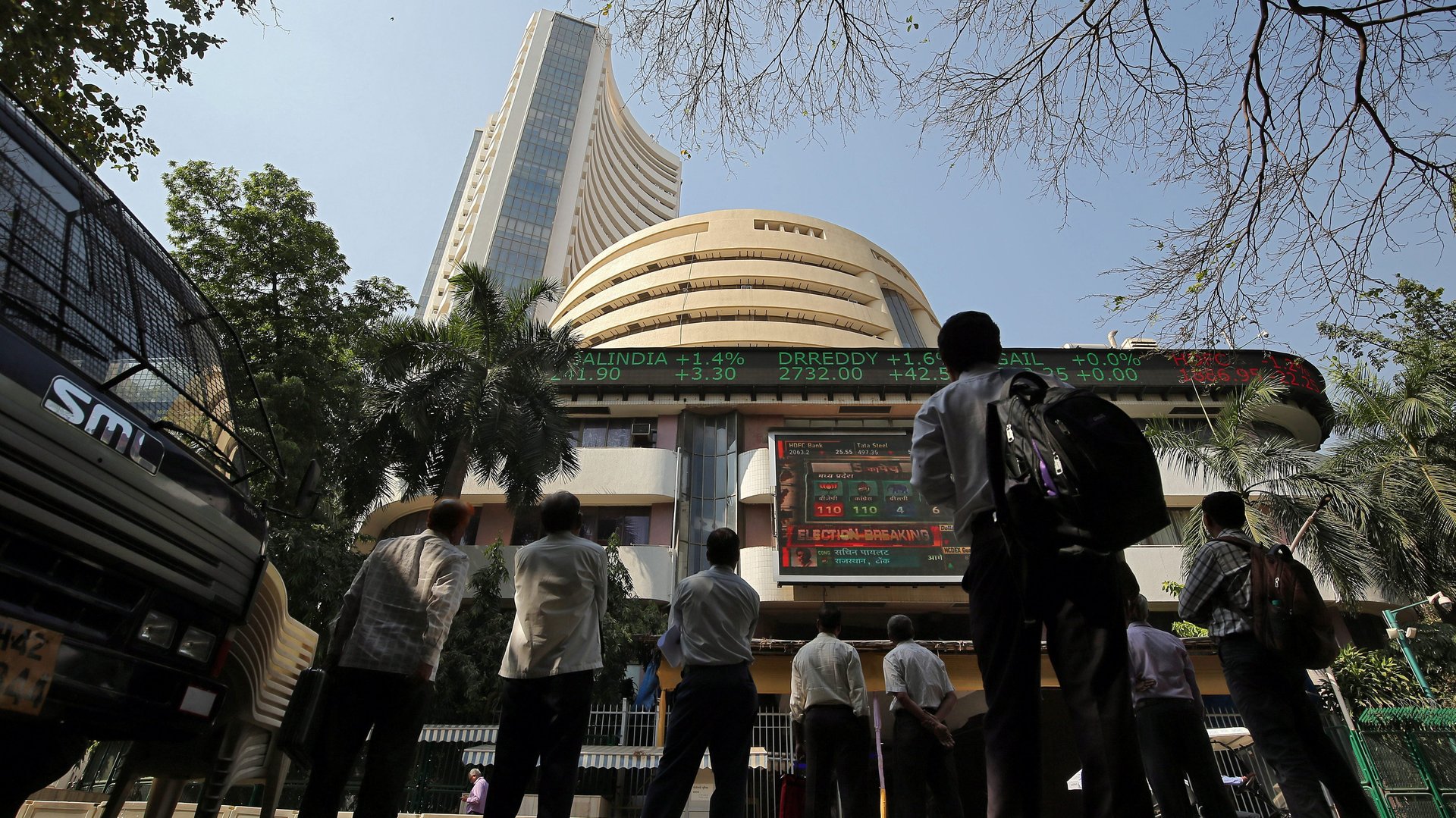Retail investors’ exposure to Indian companies touches an all-time high
Retail investors steered the Indian stock market in 2021, undeterred by a slew of factors that rattled global equities. They pumped in money even as central banks, to tackle inflation, spoke of withdrawing monetary support.


Retail investors steered the Indian stock market in 2021, undeterred by a slew of factors that rattled global equities. They pumped in money even as central banks, to tackle inflation, spoke of withdrawing monetary support.
Shareholding of retail investors in all listed companies on the National Stock Exchange (NSE) reached an all-time high of 7.32% at the end of the December quarter, according to capital markets data provider Prime Database Group. A year ago, the figure was 6.90%, and 7.13% at the end of the September quarter.
“What is also significant is the continuing overwhelming presence of retail investors in mid- and small-cap companies, which institutional investors typically stay away from. The picture is very different if one looks only at Nifty companies,” said Pranav Haldea, managing director of Prime Database Group.
The investing strategy from retail investors
Analysts pointed out that whenever there have been market corrections following a bull run, they have offered smaller investors entry points.
“…a correction that should be taken as a buying opportunity. If we look at the trend of the past three years, then the market starts to correct between 15-20th January and then it witnesses a post-budget rally. A similar trend is visible for this year as well,” Parth Nyati, founder of an online stock trading app Tradingo, told the Financial Express newspaper in January.
Moreover, no other asset class apart from stocks showed solid performance during the pandemic. This also prompted investors to buy equities at every downtick.
In value terms, too, retail holdings in NSE-listed companies hit a record high of 18.98 lakh crore rupees ($253.8 billion) in the December quarter, rising 4.54% from Rs18.16 lakh crore in the previous quarter.
However, in the December quarter, the benchmark indices—Sensex and Nifty—declined by around 1.5%.
An increase in online stock trading apps
The pandemic-led lockdown encouraged Indians to focus on alternative investment proposals while staying at home. This also meant a number of online stock trading platforms like Zerodha springing up.
There’s also been a surge in new demat accounts.
Investors opened a record 10.23 million demat accounts in the December quarter, with an average of 3.41 million each month, according to data by market regulator Sebi. At the end of 2021, record 30.8 million such accounts were opened, leading to the highest-ever 80.6 million demat accounts in India.